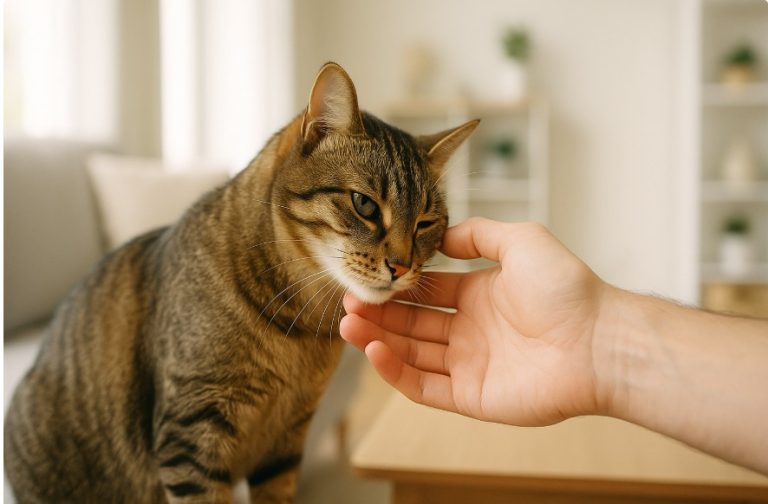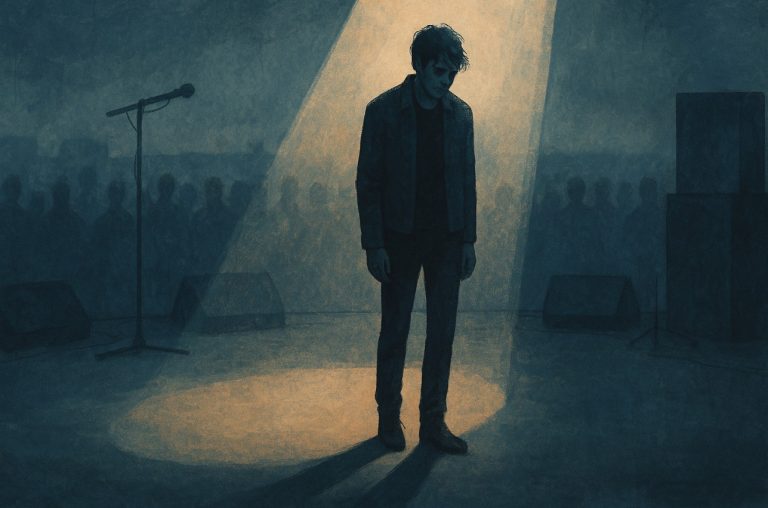Combining alcohol with antibiotics is generally discouraged due to the way both substances affect the body. Antibiotics are designed to eliminate bacterial infections, while alcohol is a depressant that places extra stress on the liver and can interfere with immune function.
When taken together, alcohol can intensify the side effects of antibiotics, reduce the body’s ability to recover, and in the case of some antibiotics even trigger dangerous reactions. While not every antibiotic interacts seriously with alcohol, avoiding alcohol during treatment ensures faster recovery and minimises health risks.
Why Do Certain Antibiotics React So Badly with Alcohol?
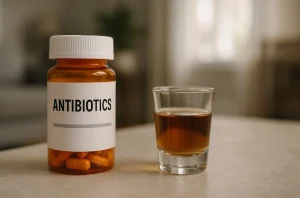
Some antibiotics, particularly metronidazole and tinidazole, can cause a severe reaction when combined with alcohol.
This reaction is similar to the one triggered by disulfiram, a medication used to treat alcohol dependence. When alcohol is consumed with these antibiotics, the body is unable to properly process acetaldehyde, a toxic byproduct of alcohol metabolism.
This leads to a build-up of toxins in the body, resulting in a disulfiram like reaction, which may include:
- Severe nausea and vomiting
- Flushing or redness of the skin
- Headaches and dizziness
- Abdominal cramps
- A rapid or irregular heartbeat
Even small amounts of alcohol, such as what’s found in mouthwash or cough syrup, can trigger this reaction.
Which Other Antibiotics Should You Avoid Alcohol With?
Apart from metronidazole and tinidazole, several other antibiotics are known to interact poorly with alcohol. While the effects may not be as intense, they can still lead to unpleasant or harmful symptoms.
| Antibiotic | Reason to Avoid Alcohol | Possible Effects |
| Cefotetan (a cephalosporin) | Can also trigger disulfiram-like reaction | Vomiting, flushing, headache |
| Sulfamethoxazole-trimethoprim | May cause increased liver stress and stomach upset | Nausea, skin rashes, liver irritation |
| Linezolid | Can interact with tyramine in alcohol-containing beverages | High blood pressure, headaches |
These medications vary in how they interact with alcohol, but caution is always advised. It’s essential to follow the medical advice specific to the antibiotic you’re taking.
How Can Alcohol Worsen Antibiotic Side Effects?
Even if an antibiotic doesn’t chemically react with alcohol, drinking can make common side effects worse. Antibiotics often cause:
- Nausea
- Drowsiness
- Stomach discomfort
- Dizziness
Alcohol is known to have similar side effects, and consuming both together can amplify discomfort. For instance, someone taking doxycycline might already experience stomach sensitivity, which alcohol can aggravate further. This not only makes the experience unpleasant but may also discourage proper medication adherence.
Does Drinking Alcohol Interfere with Recovery from Infections?
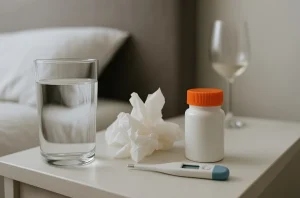
Yes, alcohol can significantly impair the body’s ability to recover. When someone is fighting an infection, the immune system needs to operate at its best. Alcohol disrupts several bodily functions essential to healing:
- Weakens the immune system, making it harder to fight off infections
- Dehydrates the body, which is already under strain from illness
- Disrupts sleep patterns, reducing the body’s natural healing ability
- Affects appetite and nutrient absorption, depriving the body of energy needed for recovery
Avoiding alcohol while taking antibiotics and ideally for a few days after finishing allows the body to focus entirely on recovery.
Can Alcohol Make Antibiotics Less Effective?
In some cases, alcohol may interfere with how well antibiotics are absorbed or metabolised by the body. If absorption is delayed or altered, the antibiotic may not reach effective levels in the bloodstream, reducing its ability to fight infection.
Additionally, alcohol can alter the pH balance in the stomach or speed up digestion, which may impact how the medication is broken down. This effect isn’t common across all antibiotics, but it’s one more reason why alcohol should be avoided during treatment.
What Do UK Medical Experts Recommend?
The NHS and healthcare professionals in the UK advise that patients avoid alcohol while taking antibiotics. While not every antibiotic has a direct interaction, it is always safer to abstain during treatment to ensure the medication works properly and the body heals effectively.
Medical advice includes:
- Reading the patient information leaflet included with your prescription
- Consulting your GP or pharmacist about specific risks
- Waiting at least 48–72 hours after completing the course before drinking alcohol, especially if taking metronidazole or tinidazole
Always follow personalised medical guidance, as interactions may vary based on your health condition and medication.
How Can You Stay Safe While on Antibiotics?
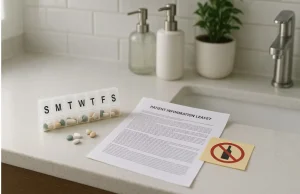
Here are some practical steps to avoid risks while taking antibiotics:
- Speak to your pharmacist or doctor before consuming alcohol
- Read the full patient leaflet that comes with your medication
- Avoid alcohol-containing products, such as certain cold remedies and mouthwashes
- Stay hydrated and prioritise rest
- Give your body time to recover, even after you finish your antibiotics
Abstaining from alcohol temporarily is a small sacrifice that can greatly improve your overall recovery and minimise complications.
Why Can’t You Drink Alcohol on Antibiotics?
In some cases, alcohol may not cause a direct interaction with antibiotics, particularly with medications like amoxicillin. However, even in those situations, drinking is still not recommended while unwell, as alcohol may:
- Exacerbate fatigue and nausea
- Slow down recovery
- Lead to dehydration
If drinking is important for a social or personal reason, consult your GP first. They can advise if your specific antibiotic allows moderate alcohol intake and under what conditions. But in general, the safest approach is to avoid alcohol entirely until your treatment has ended and you’re fully recovered.
Frequently Asked Questions (FAQs)
Why do some antibiotics react severely with alcohol?
Certain antibiotics like metronidazole block the breakdown of alcohol, causing a build-up of toxins in the body. This leads to a reaction similar to disulfiram, causing intense nausea, vomiting, and flushing.
Why Can’t You Drink Alcohol on Antibiotics?
Amoxicillin doesn’t typically cause a serious interaction with alcohol, but alcohol can still worsen side effects like nausea or dizziness. It’s best to avoid it to support recovery.
What should I do if I accidentally drank while on antibiotics?
If symptoms like vomiting, headaches, or a racing heart occur, seek medical advice immediately. For many antibiotics, one drink won’t cause harm, but it depends on the drug.
Can alcohol delay the effects of antibiotics?
Yes, alcohol can alter how antibiotics are absorbed in the stomach or metabolised by the liver, which may reduce their effectiveness in fighting infections.
How long should I wait to drink after finishing antibiotics?
It’s generally safe to wait 48–72 hours after your last dose, especially for antibiotics known to react with alcohol. Check with your pharmacist for specific advice.
What signs should I watch for if I drank while on antibiotics?
Look out for nausea, flushing, dizziness, stomach pain, or an irregular heartbeat. These may be signs of an alcohol–antibiotic interaction and require medical attention.
Does alcohol make all side effects of antibiotics worse?
Not always, but alcohol can intensify nausea, fatigue, or digestive discomfort, making the overall treatment experience more difficult and slowing recovery.


